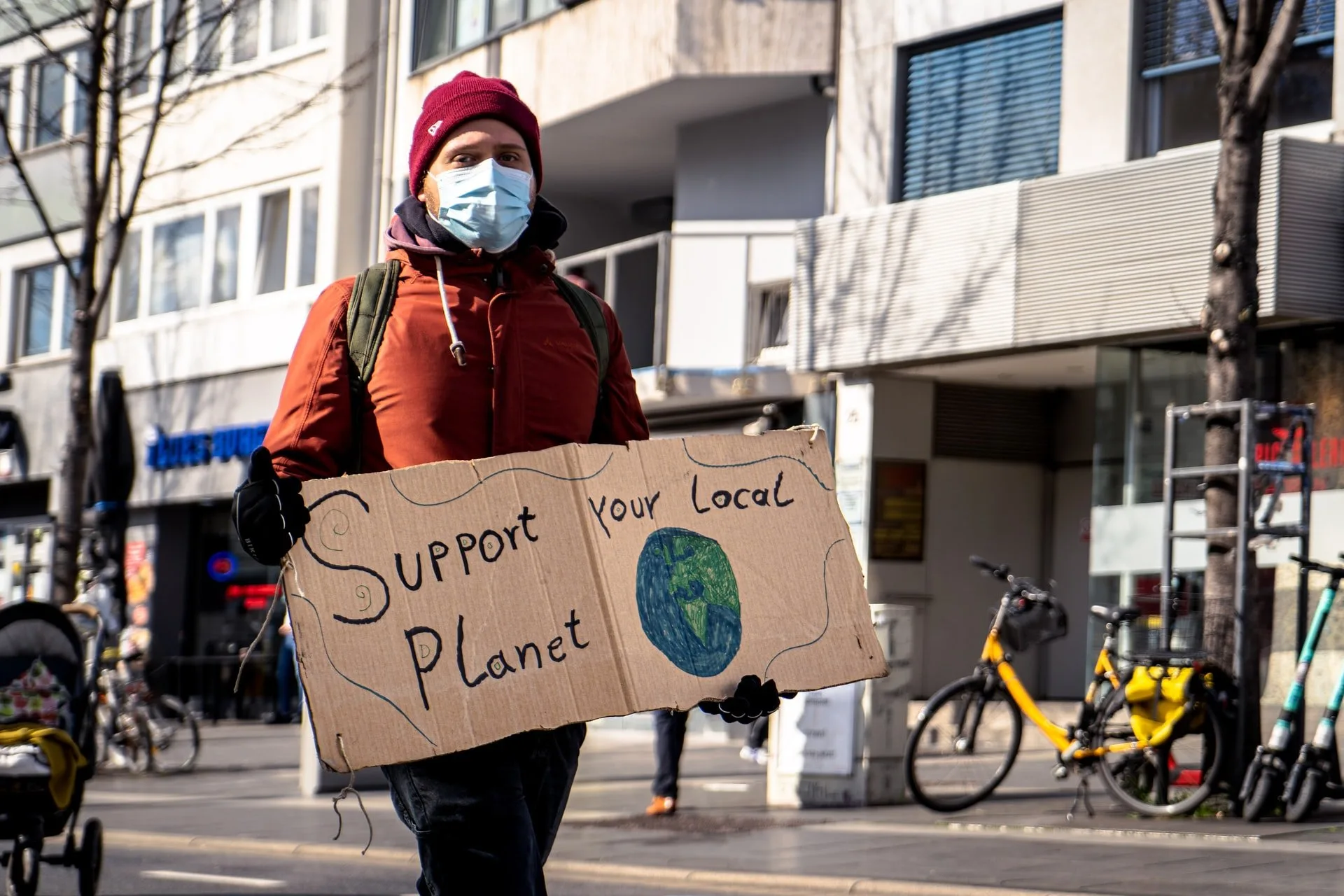Joining the chorus of environmentalists, medical experts have come together to talk about the climate crisis. This new chorus of choices points out how the planet’s rising temperatures are the greatest threat to public health.
Climate Crisis Is The Greatest Threat To Public Health
In a joint statement, published Tuesday in the New England Journal of Medicine, over 200 leading medical professionals warned that the climate crisis could have a catastrophic impact on public health and said the impact would be impossible to reverse.
The editorial also features a wide range of medical and health disciplines, from ophthalmology to veterinary medicine.
According to recent data, the world is set to warm around 3 degrees Celsius above preindustrial levels by 2100. That said, the authors declare that a 1.5-degree-Celsius rise in global temperatures would have an immense impact on public health.
“The science is unequivocal; a global increase of 1.5°C above the preindustrial average and the continued loss of biodiversity risks catastrophic harm to health that will be impossible to reverse,” the authors wrote. “Indeed, no temperature rise is ‘safe.’”
Rising temperatures are bad for you

Photo by Issy Bailey on Unsplash
A study published earlier this year revealed that around a third of heat-related deaths were associated with climate change.
Coupled with the fact that 600 more people died than would have been typical, due to the record-breaking heat wave in the Pacific Northwest, the worries echoed in the editorial couldn’t be more valid.
In fact, the editorial also highlighted how rising temperatures have already impacted public health. For one, heat-related mortality among people 65 and older increased by more than 50% over the past 20 years. Also, issues like dehydration, renal function loss, allergies, pregnancy complications, and pulmonary morbidity and mortality, have increased.
Mother nature matters
The editorial also expressed concerns about the ecosystem.
“Thriving ecosystems are essential to human health, and the widespread destruction of nature, including habitats and species, is eroding water and food security and increasing the chance of pandemics,” reads the statement.
The editorial also shared how soil depletion, another consequence of climate change, could also affect public health as it contributes to malnutrition. What’s more, the widespread destruction of habitats could increase the likelihood of future pandemics. I don’t know about you but that’s the last thing we need.
Tackling the (climate) pandemic
The experts believe that we could learn a lot from how world leaders responded to the COVID-19 pandemic. The manner of response could serves as a template should we want to adequately address the climate crisis.

Photo by Mika Baumeister on Unsplash
Leaders need to do the work
“The greatest threat to global public health is the continued failure of world leaders to keep the global temperature rise below 1.5° C and to restore nature. Urgent, society-wide changes must be made and will lead to a fairer and healthier world,” the statement reads.
“We, as editors of health journals, call for governments and other leaders to act, marking 2021 as the year that the world finally changes course.”
We’re ALL in this together
Sadly, climate change disproportionately affects countries and communities that have contributed least to the problem. What’s more, these countries are also least able to mitigate the harms.
The editorial points out that not addressing this issue can create a host of problems. It allows for more conflict, food insecurity, forced displacement, and zoonotic disease to breed in these areas. These issues are sure to have severe implications for all countries and communities.
“While low and middle-income countries have historically contributed less to climate change, they bear an inordinate burden of the adverse effects, including on health,” said Dr. Lukoye Atwoli, the editor in chief of the East African Medical Journal and one of the co-authors of the editorial, in a statement.
“We, therefore, call for equitable contributions whereby the world’s wealthier countries do more to offset the impact of their actions on the climate.”

Photo by Markus Spiske on Unsplash
Want to know more?
According to a new report from the U.N., when it comes to climate change, we’re in the endgame. According to the report, if we don’t immediately and drastically reduce carbon emissions, then we risk disastrous climate consequences. It is officially code red for humanity.
References
Atwoli, L., Baqui, A. H., Benfield, T., Bosurgi, R., et al. (2021). Call for emergency action to limit global temperature increases, restore biodiversity, and protect health. PLoS medicine, 18(9), e1003755. https://doi.org/10.1371/journal.pmed.1003755
Vicedo-Cabrera, A.M., Scovronick, N., Sera, F. et al. (2021). The burden of heat-related mortality attributable to recent human-induced climate change. Nat. Clim. Chang. 11, 492–500. https://doi.org/10.1038/s41558-021-01058-x




![women [longevity live]](https://longevitylive.com/wp-content/uploads/2020/01/photo-of-women-walking-down-the-street-1116984-100x100.jpg)










